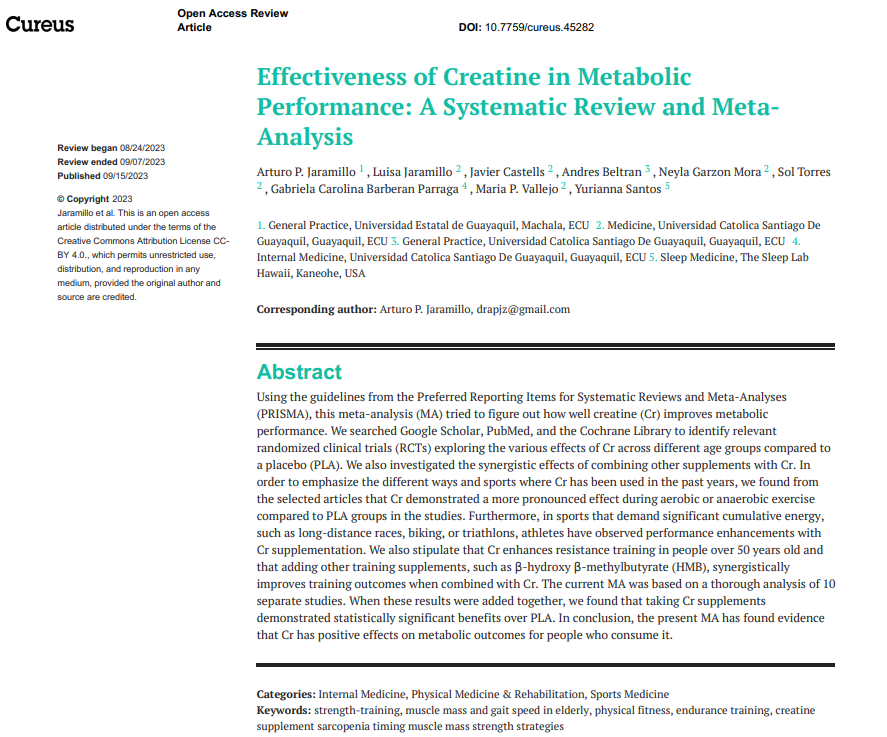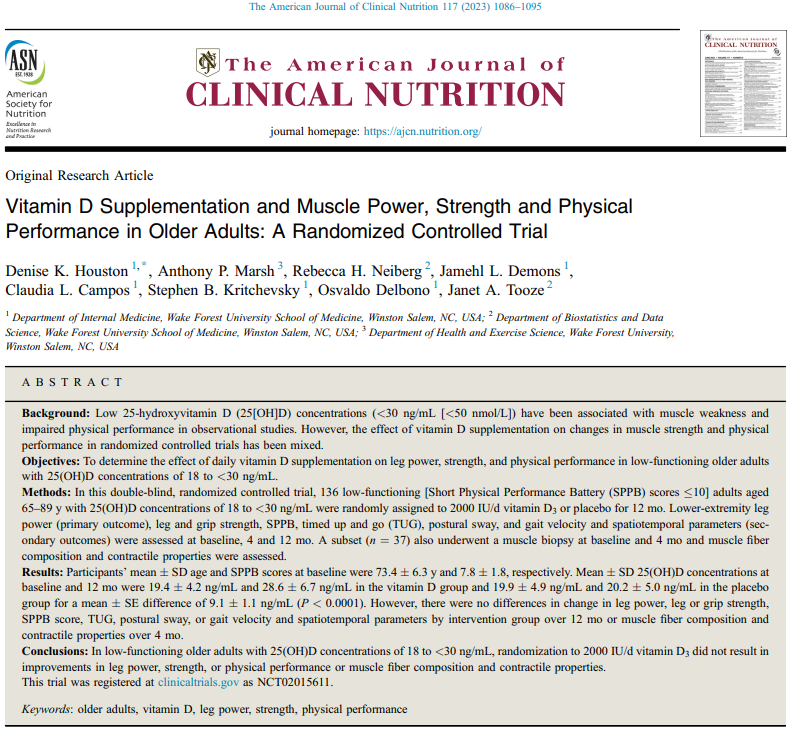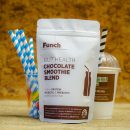In today’s health-conscious world, “evidence-based” has become a buzzword, especially in the realm of supplements.
I’ve often seen people tossing this term around with little understanding of what it truly means.
Social media is flooded with non-scientists sharing study abstracts they barely comprehend, and my inbox is regularly filled with Instagram stories showcasing data from poorly designed studies, albeit very articulately explained.
This misuse of “evidence-based” claims not only misleads consumers but also undermines the credibility of legitimate research.
What is “Evidence-Based”?
The term “evidence-based” refers to the use of the best current evidence from scientific research to make informed decisions.
In the context of supplements, this means that every ingredient and formulation should be backed by solid scientific data. However, not all evidence is created equal.
Levels of Evidence
When evaluating the efficacy of a supplement, it’s essential to consider the hierarchy of scientific research.
Different types of studies provide varying levels of evidence, and understanding this hierarchy helps to assess the reliability and applicability of the findings.
Here’s an explanation of these levels of evidence in the context of supplement efficacy evaluation:
- Meta-Analyses and Systematic Reviews: sit at the top of the evidence pyramid. These studies synthesize data from multiple studies, providing a comprehensive overview of the efficacy and safety of a supplement. By combining results from several research studies, they offer a more robust and reliable conclusion than individual studies. Meta-analyses use statistical methods to integrate findings, whereas systematic reviews use rigorous methods to identify, appraise, and synthesize all relevant research on a specific topic. These reviews help to minimise bias and increase the precision of the overall effect estimate.
- Randomized Controlled Trials (RCTs): are considered the gold standard for clinical research. In an RCT, participants are randomly assigned to receive either the supplement or a placebo, minimizing bias and ensuring that the groups are comparable. This randomization process helps establish causality and controls for confounding variables. RCTs are highly relevant for determining the efficacy of supplements. They also distinguish between studies on healthy individuals and those with specific health conditions. This distinction is crucial because supplements might show benefits in diseased populations but not in healthy ones, making the target demographic a key consideration.
- Cohort Studies: are observational studies that follow a group of people over time, comparing outcomes between those who take the supplement and those who do not. While they cannot establish causality as robustly as RCTs, cohort studies can provide valuable insights into the long-term effects and potential risks associated with supplement use. They are particularly useful for studying the effects of supplements in real-world settings and for identifying associations between supplement intake and health outcomes.
- Case-Control Studies: These studies compare individuals with a specific condition to those without, looking back to see if the supplement might have contributed to the condition.
- Animal and Cell Studies: While these studies can provide early indications of potential benefits, their results are not always directly applicable to humans.Cell Studies: These are performed in vitro (in a lab dish) and can identify potential mechanisms of action. However, they do not always translate to human outcomes.Animal Studies: These provide preliminary data on safety and efficacy but differences in metabolism and physiology mean results may not be directly applicable to humans.
- Expert Opinion and Anecdotal Evidence: These are the least reliable forms of evidence, often based on individual experiences rather than rigorous scientific research. Some experts, such as Jerry Brainum, are highly valued for their extensive experience and insights. However, it is important to recognise that other experts may have commercial interests that could influence their recommendations. While expert opinions can provide useful insights and generate interest in further research, they lack the rigor and objectivity of scientific studies. They are often subjective and prone to bias, making them less reliable for establishing the efficacy of supplements.
Dosage Considerations
The efficacy of a supplement often depends on its dosage.
Effective supplement dosages are typically determined through dose-response studies. These studies evaluate the effects of different doses to find the minimum effective dose and the optimal amount that provides the desired benefit before adverse effects occur.
However, it is not uncommon for marketing to tout benefits observed in studies that used much higher doses than what is present in the product.
This does not mean that lower doses may not be effective, especially if dose-response studies have not been carried out.
It is possible that a study tested a particular dose and found a benefit, but the absence of dose-response data leaves open the possibility that lower doses could still be beneficial.
Sometimes, formulators may underdose a particular ingredient in a product that already contains synergistic ingredients.
Synergistic ingredients can work together to enhance each other’s effects, meaning that not all ingredients in a product must be dosed at clinically tested levels.
The formulation as a whole can still be effective if the ingredients work synergistically.
It’s vital to align the product dosage with what research indicates is effective, while also considering the potential for lower effective doses and the role of synergistic combinations.
The Influence of Funding
Research funding can introduce bias. Studies funded by supplement companies may have a vested interest in positive outcomes. While not all industry-funded research is biased, it’s important to scrutinise the study design, data analysis, and the presence of conflicts of interest. Independent studies generally carry more weight.

Multi-Ingredient Research
Many supplements on the market are multi-ingredient formulations. While these products may show efficacy in studies, it is often challenging to say which ingredient is responsible for the effects.
For example, if a pre-workout supplement containing caffeine, ingredient X, and several other components shows positive results, it could be primarily due to the caffeine, not ingredient X. Caffeine is usually the “workhorse” ingredient that drive the efficacy of preworkouts.
Therefore, each ingredient should ideally be tested in isolation to confirm its efficacy.
However, it’s important to note that testing ingredients in isolation is not always a necessity. Some ingredients may work synergistically, meaning their combined effect is greater than the sum of their individual effects.
In such cases, multi-ingredient formulations can provide enhanced benefits that isolated ingredients cannot achieve alone.
Nevertheless, relying solely on studies of multi-ingredient formulations to back the efficacy of a specific ingredient, such as ingredient X, can be problematic. Without isolating the ingredient, it is difficult to attribute observed effects to ingredient X with certainty. This can lead to misleading conclusions about its effectiveness.
Conclusion
In the supplement industry, claiming that a product is “evidence-based” carries a significant responsibility. It requires a deep understanding of the different levels of evidence, appropriate dosages, and the nuances of study design and funding. The goal should be to create products that are not only effective but also backed by the highest quality evidence. This commitment to science and transparency ensures that consumers can trust the supplements they choose to support their health and wellness journey.

To view my Professional Profile on LinkedIn: please click here
To see my latest product creations: www.bioteenhealth.com
To view my Scientific Publications on PubMed: please click here
To get in touch, please write to: info@supplementscientist.com
Follow supplementscientist.com on Facebook: please click here
Disclaimers
Medical: The information presented on this website is intended for adults 18 or over. Its aim is purely educational and does not constitute medical advice. Please consult a medical or health professional before you begin any program related to exercise, nutrition, or supplementation especially if you have a medical condition. If you consume any product mentioned on our site, you do so on your own free will, and you knowingly and voluntarily accept the risks.
Other: The views expressed in this blog article are solely mine and do not represent the opinions or positions of any company or institution with which I am associated. Any information or opinions provided are based on my personal experiences, research, and understanding. I strive to ensure accuracy and reliability of the information provided. © 2024. Supplementscientist.com









Leave a Reply